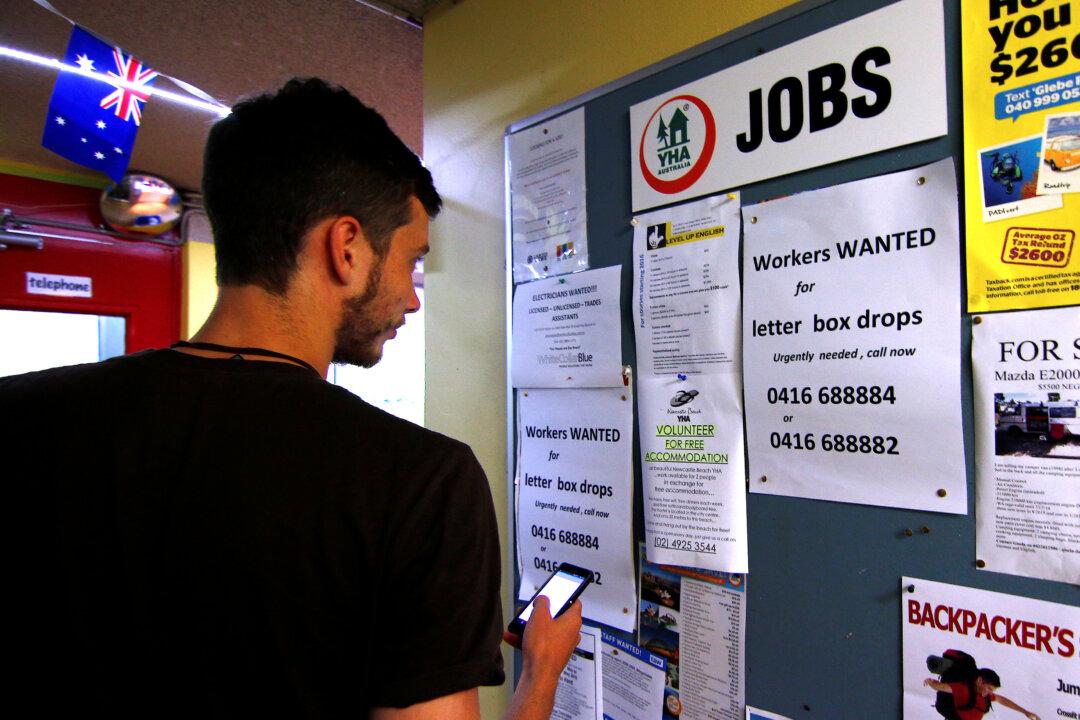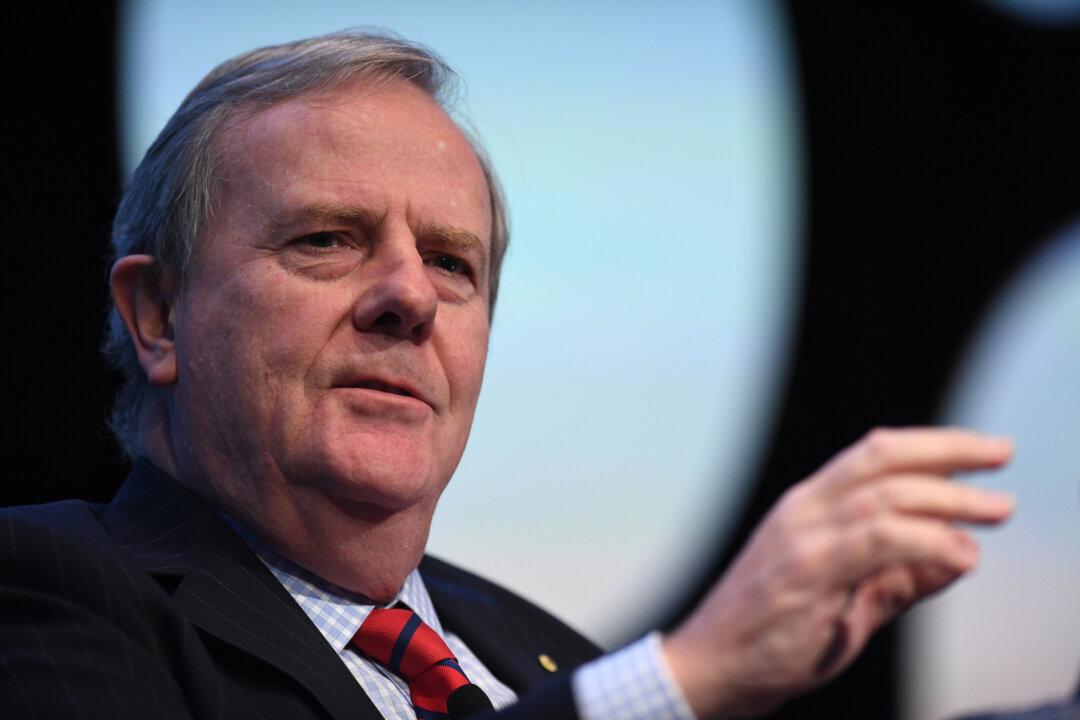Despite an uptick in net migration, the Australian government forecasts a significant drop due to measures introduced to clamp down on illegal visas in the international education sector.
According to data published by the Australian Bureau of Statistics on March 21, net overseas migration totalled 548,800 until September 2023, resulting in the total population growing by 2.5 percent.





